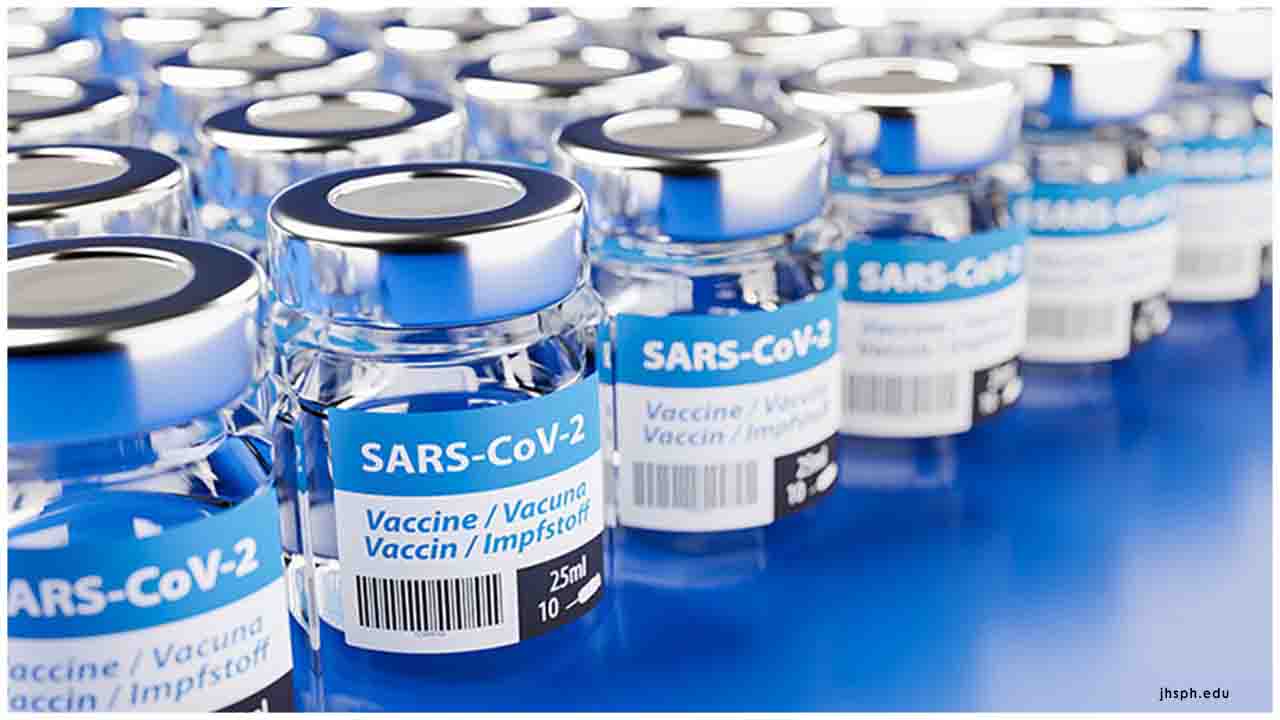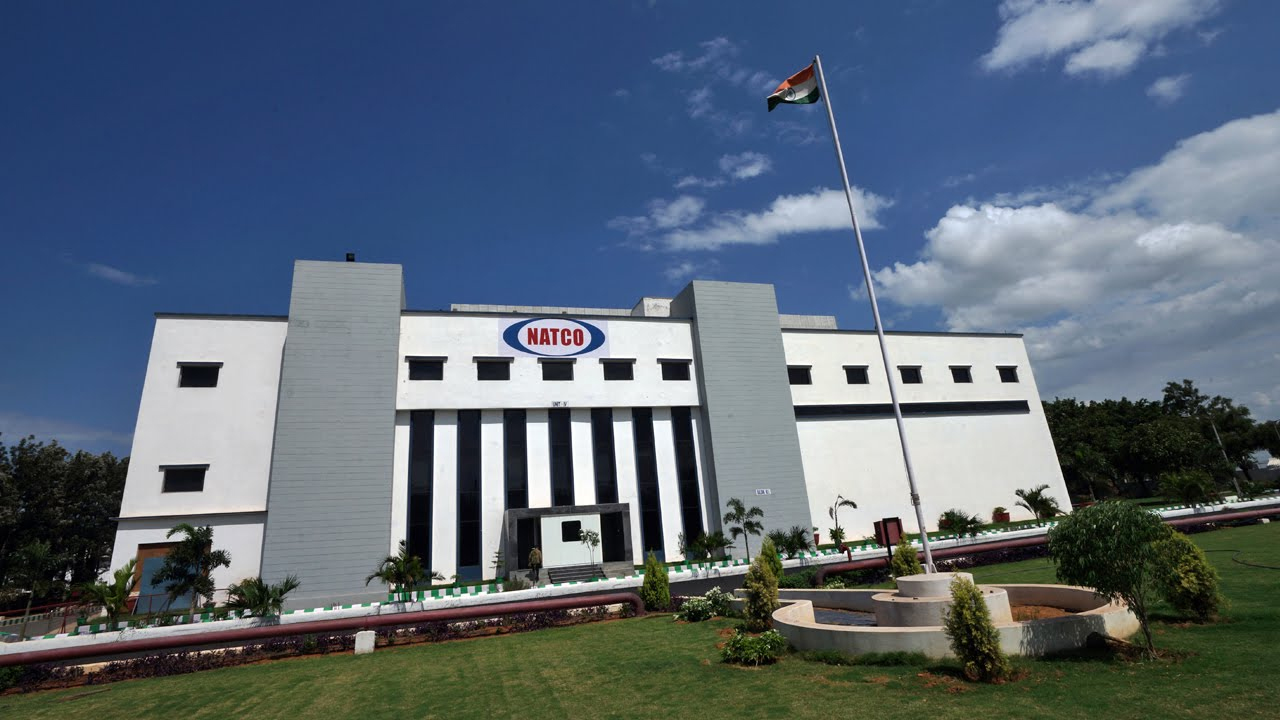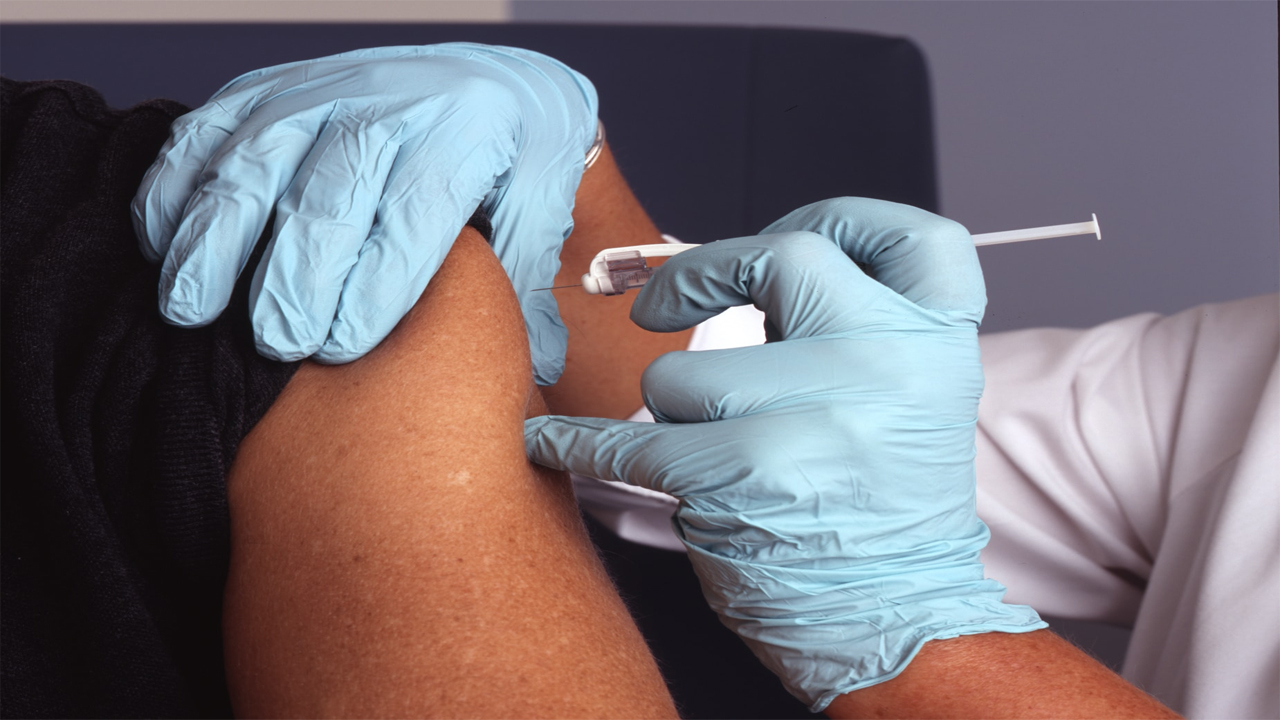In a shocking series of events, West Bengal has been rocked by the suspected deaths of three individuals, including a young child, due to Guillain-Barre Syndrome (GBS). As concerns mount about the rise in cases, the state’s health department assures the public that there is nothing to panic about, despite the grim reports from local hospitals. Yet, with more children and adults succumbing to the mysterious illness, it becomes increasingly important to understand what GBS is, how it spreads, and why this rare disorder could pose a greater threat than previously realized.
Guillain-Barre Syndrome is an autoimmune disorder that affects the nervous system, causing the body’s immune system to mistakenly attack healthy nerve cells. This rare and often deadly condition leads to sudden muscle weakness, numbness, and in severe cases, paralysis. While the exact cause of GBS is still not fully understood, it is typically triggered by viral or bacterial infections, including flu-like illnesses, respiratory infections, and even gastrointestinal diseases.
The alarming part of this syndrome is how quickly it progresses. Symptoms often begin as a feeling of weakness or tingling in the legs, and within a matter of days, it can escalate to complete paralysis, making it a life-threatening condition if not promptly diagnosed and treated. According to medical experts, while GBS is rare, it is often misunderstood or misdiagnosed as it shares symptoms with other more common neurological disorders.
The recent deaths in West Bengal have highlighted the rising concerns surrounding this potentially fatal condition. In the span of just a few days, three individuals, including a 10-year-old child, succumbed to suspected GBS. Debkumar Sahu, the 10-year-old boy from Jagaddal in North 24 Parganas, was the first victim to be reported. He died at BC Roy Hospital in Kolkata on January 26, with his condition deteriorating despite treatment. The teenager, Aritra Manal, who was receiving care at NRS Medical College and Hospital, also passed away just the following day. Finally, a 48-year-old man from Dhaniakhali village in Hooghly district died a few days later in a local hospital.
While these deaths have sparked concern among the public, health officials in the state are yet to confirm whether Guillain-Barre Syndrome was indeed the direct cause. The family members of the victims, however, have been vocal about their suspicions, claiming that GBS was to blame for their loved ones tragic and untimely deaths. The boy’s uncle, Govinda Sahu, revealed that while the hospital did not directly confirm GBS as the cause of death, it was mentioned as a suspected cause on the death certificate.
Guillain-Barre Syndrome may be rare, but its potential to devastate families and communities cannot be ignored. The fact that the syndrome is most often triggered by infections that weaken the immune system makes it particularly concerning in regions where outbreaks of viral infections, such as dengue, chikungunya, or seasonal flu, are common. Infections like these can leave individuals vulnerable to the onset of GBS, as their bodies become less able to fight off the sudden autoimmune attack on the nervous system.
This raises a critical question: How well-equipped is the healthcare system in identifying and treating GBS? Given its rarity and the similarity of its symptoms to other illnesses, misdiagnosis or delayed diagnosis can occur, potentially leading to severe complications and fatalities. Early intervention is essential for minimizing the long-term effects of the disorder, including paralysis, respiratory failure, and even death.
As of now, the West Bengal health department maintains that the situation is under control. According to a senior health official, there is no need for public alarm, and the deaths are being investigated thoroughly. While the state’s health authorities are cautious, four more children with suspected GBS are currently being treated at BC Roy Hospital in Kolkata. The ongoing treatment of these children, some of whom are reportedly showing similar symptoms to those of the deceased, underscores the urgency of understanding the scope of the illness.
Despite reassurances from the health department, questions still remain about the government’s preparedness to handle a potential outbreak of GBS. With several districts in West Bengal experiencing a surge in cases, there is a pressing need for the government to step up its efforts in raising awareness, providing better diagnostic tools, and ensuring timely medical care for those affected by GBS.
Why Is GBS More Prevalent Now?
While Guillain-Barre Syndrome has always been a rare condition, its increasing occurrence in West Bengal, especially in a short period, raises concerns about whether something more systemic is at play. Several factors could be contributing to the rise in cases, from new or mutating strains of viral infections to environmental or genetic factors that may be influencing immune responses.
One possibility is the high rates of viral infections, such as dengue or the seasonal flu, which are prevalent during the winter months. Such infections often put stress on the immune system, which may then trigger GBS in susceptible individuals. Another factor could be the presence of environmental factors or toxins that might be increasing vulnerability to the condition.
It Is also possible that the medical community is simply becoming more aware of GBS and is now better equipped to diagnose it. As more doctors are educated about the condition, they may be more likely to identify it in patients who previously might have been misdiagnosed.
The suspected deaths of three individuals in West Bengal due to Guillain-Barre Syndrome should serve as a wake-up call for both healthcare professionals and government officials. More needs to be done to address the growing concerns surrounding the disorder and ensure that people who may be at risk are properly informed and cared for.
1. Enhanced Awareness: Public awareness campaigns are essential to inform people about the symptoms of GBS, how it is diagnosed, and the importance of early intervention. Health authorities must take the lead in ensuring that both the public and healthcare providers are educated about this rare but serious condition.
2. Better Diagnostic Tools: Healthcare facilities must be equipped with better diagnostic tools and trained professionals who can identify GBS at the earliest stages. Early detection can make a significant difference in treatment outcomes.
3. Improved Access to Treatment: Hospitals must be prepared with the necessary medical facilities and expertise to treat GBS patients effectively. This includes access to ventilators and other life-saving equipment for those who experience respiratory failure.
4. Addressing Underlying Infections: The government must focus on controlling the spread of infections such as dengue, chikungunya, and flu, which are known to increase the risk of GBS. Vaccination campaigns, better sanitation, and public health education can all contribute to reducing the risk of these infections.
The tragic deaths of three individuals, including a child, in West Bengal have brought the issue of Guillain-Barre Syndrome to the forefront. While health officials assure the public that there is no cause for panic, the rising number of suspected cases demands immediate attention. As the investigation continues, the government and healthcare providers must take proactive measures to address the growing threat of this rare but deadly condition. Only through increased awareness, better diagnostics, and more effective treatments can we hope to prevent further loss of life due to GBS in West Bengal and beyond

 The tragic deaths of three individuals, including a child, in West Bengal have brought the issue of Guillain-Barre Syndrome to the forefront.
The tragic deaths of three individuals, including a child, in West Bengal have brought the issue of Guillain-Barre Syndrome to the forefront.


















.jpeg)

.jpeg)










.jpg)




.jpg)

